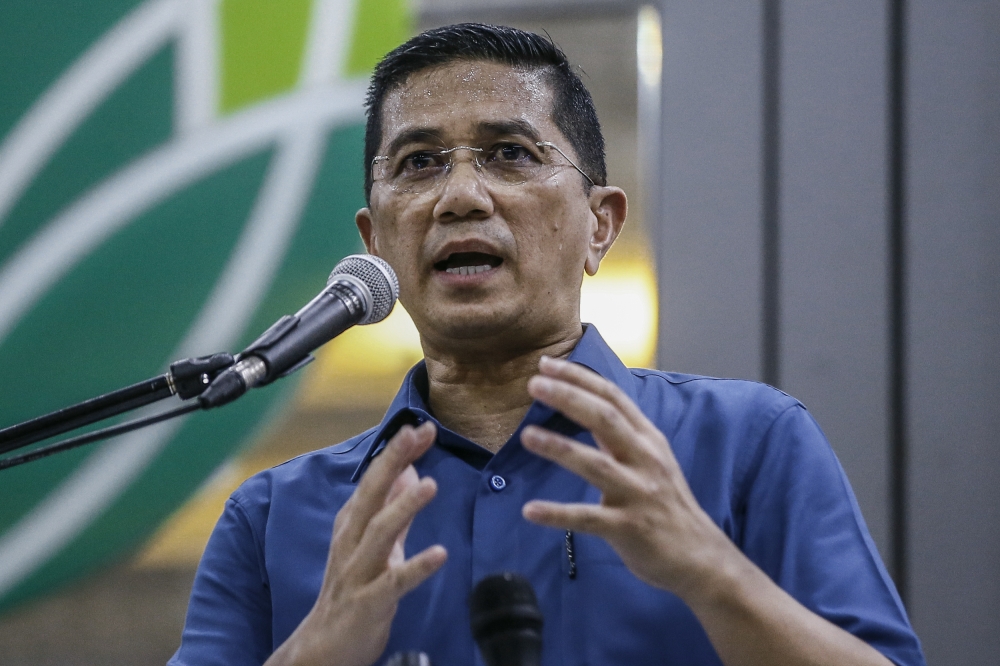KUALA LUMPUR, Jan 23 — The Securities Commission (SC) needs to provide documentary evidence and properly explain the share transactions in Tan Sri Azam Baki’s account for transparency’s sake, seven civil society groups said today.
The Institute for Democracy and Economic Affairs; Transparency International Malaysia; Centre to Combat Corruption and Cronyism; Coalition for Clean and Fair Elections (Bersih 2.0); RasuahBusters; Gabungan Bertindak Malaysia; and Undi18, said the controversy surrounding the Malaysian Anti-Corruption Commission (MACC) chief’s share acquisition in 2015 were no clearer despite the SC’s second statement.
In a joint statement, the seven groups noted there were apparent contradictions in the SC’s statements on the issue and urged the regulator to clarify whether any shares in Azam’s trading account were purchased and paid by his brother Nasir as the MACC chief alleged, and provide the documentary evidence showing to corroborate this.
They highlighted the statement issued by the SC where the regulatory body had stated the shares trading account was managed by Azam himself, which contradicted Azam’s previous statement mentioning the account was used by his brother to avoid a conflict of interest.
“If this is true, then Azam, who at the material time in 2015 held the position of MACC investigation director, had purchased shares above MYR100,000 in amount,
which contravenes government rules.
“If Tan Sri Azam Baki had in fact breached a government circular, action must be taken,” they said in the statement.
Other undersigns included Institut Demokrasi dan Hal Ehwal Ekonomi (IDEAS), Transparency International Malaysia, C4, Gabungan Bertindak Malaysia, BERSIH and UNDI 18.
On the alleged breach to government rules, the group cited both Section 23 of the Service Circular Number 3/2002 on Ownership and Declaration of Assets by Public Officials and Section 10 of the Public Officers Regulations Act (Conduct and Discipline).
“Section 10 clearly stipulates the requirement for civil servants to declare any purchase of shares to their Head of Department.
“Up to now, there has been no confirmation as to whether or not the mandatory
asset declaration was carried out,” they said.
The groups stressed the importance of public accountability, stating that it was crucial for the Malaysian government to clarify the appropriate agency responsible for apprehending civil servants who have acted in contravention of a government circular.
Should nothing of consequences arise from this case, the group called for proper procedures to be put in place in the future in order for greater clarity over which government body was responsible in monitoring the adherence to such rules.
Separately, the group also reiterated the call for an independent inquiry into Azam’s purchase of shares and also for the chief commissioner to step down temporarily until an inquiry can conclusively prove there was no breach of any regulations as a public office bearer.
SC had on January 19 said it decided that a law — which only allows share trading accounts to be used by the person benefiting from it or which disallows proxy trading — had not been violated, as independent evidence from an inquiry showed that Azam had control of and operated his trading account by giving instructions to buy, sell and trade shares from the account.
The SC had launched the investigation after Azam previously publicly declared in a press conference that his share trading account was used by his brother to buy shares ― a move widely perceived as proxy trading by the public.
















.jpg)

